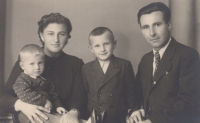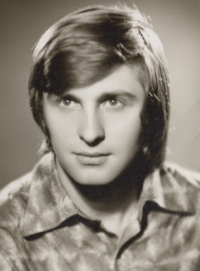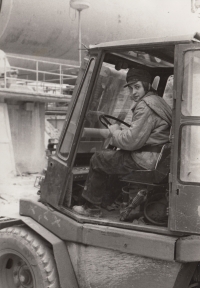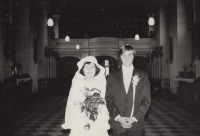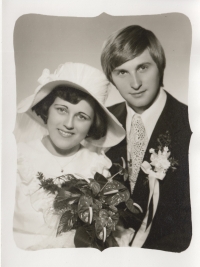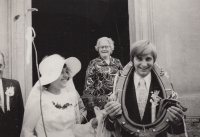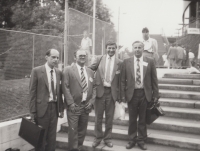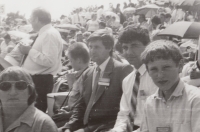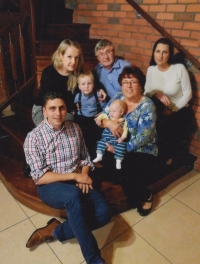You‘re spreading the Watchtower magazine. That‘s a reason to arrest you
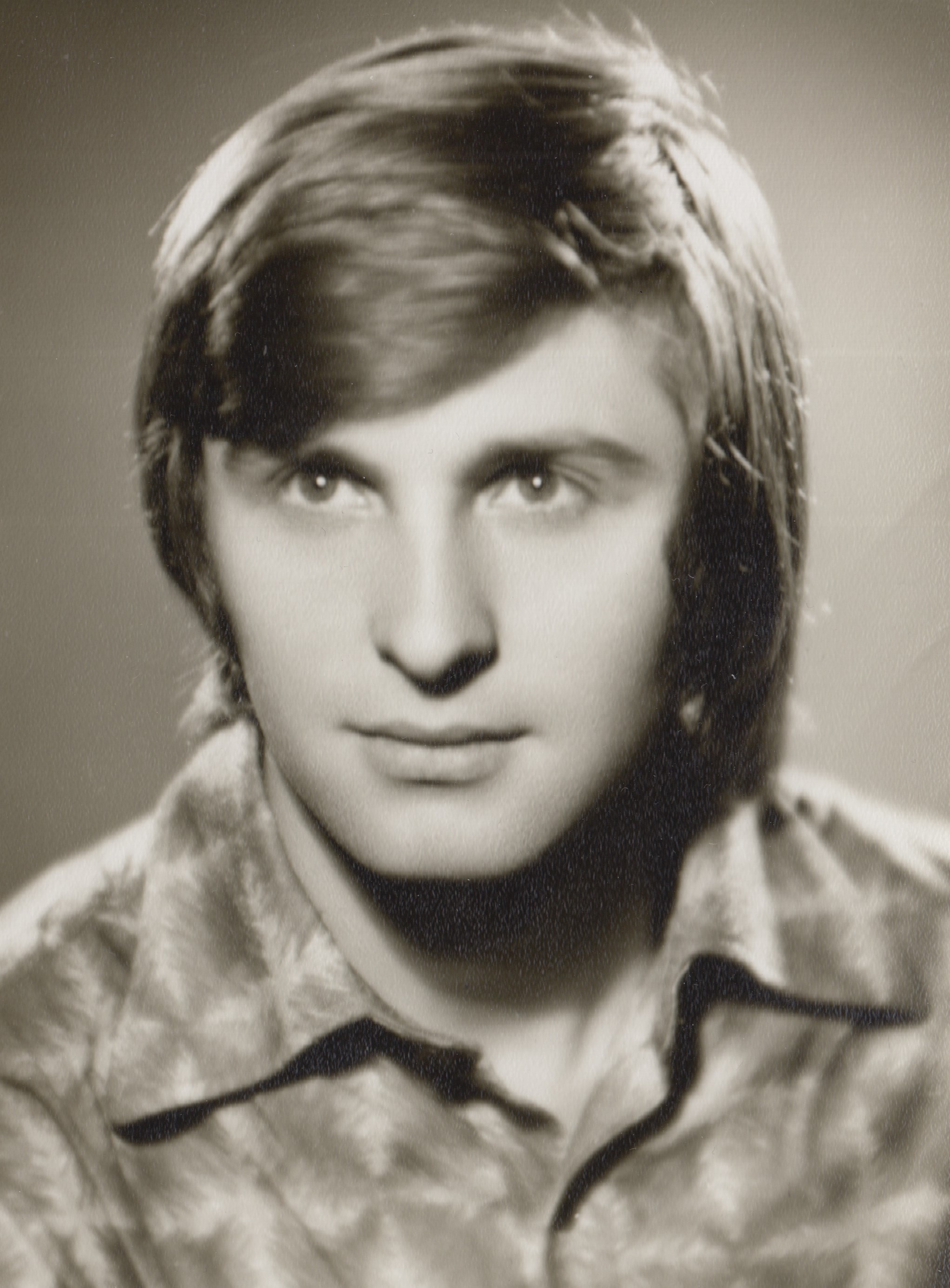
Stáhnout obrázek
Pavel Odehnal was born on 19 June 1956 in Brno. His mother Jana - a trained seamstress - worked in a cooperative farm, later in the Cement Works in Mokrá in the Brno countryside, his father Josef worked as a topographer - typesetter. From the age of three, he grew up with his parents and older brother Josef in the village of Tvarožná, where he finished a nine-year school and subsequently trained as a cook in Brno (1971). From 1973 to 1975 he completed his compulsory military service in Košice. After returning to civilian life, he worked briefly as a cook, and from the second half of the 1970s he worked at the Mokrá Cement Works. It was there that he first met Jehovah‘s Witnesses and became part of their then illegal community. In accordance with his religious beliefs, he refused to take part in compulsory military exercises, for which he served 20 months in Libkovice prison between 1982 and 1984. After his release, he continued to engage in religious activities - he participated in illegal meetings, participated in the collection, propagation and dissemination of the Watchtower magazine and carried out door-to-door preaching activities. For this, the regime of the time sent him to prison a second time between 1987 and 1988. He served a one-year sentence in the Ostrov nad Ohří prison. In 2023, Pavel Odehnal was living in Ponětovice in the Brno region and continued to be involved in Jehovah‘s Witnesses activities for the fifth decade.
